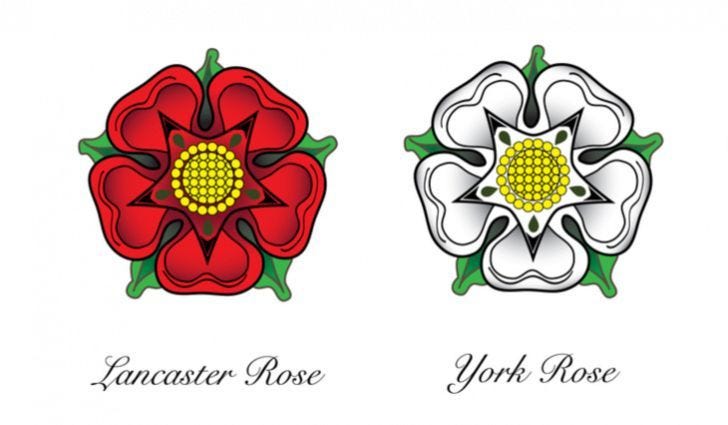Passing Thoughts on the Henriad
Under the weather these past few weeks, I've occupied myself by re-reading Shakespeare’s Henriad. It's all really quite wonderful, but I think the very best of the eight plays are the two bookends: Richard II and Richard III.
Some of Shakespeare's finest lines are in Richard II, especially in Acts 3 ("Let's talk of graves, of worms, and epitaphs") and 4 ("I must nothing be"). Richard's fall from the throne (and jerkitude) and subsequent ascent to genuine greatness is as powerful as anything written by Aeschylus.
In Richard III, we have the perfect villain, the very archetype of wickedness. He oozes malice and spite. No other Shakespeare heavy even comes close to him. Yet at the same time he’s totally plausible. (As a sidenote, I think the usually flawless Cumberbatch misreads the character by depicting him as crazy in "The Hollow Crown." Ian McKellen's cinematic portrayal is truer.)
Everyone thinks that the weakest link in the Henriad is Henry VI Part 1, and I agree. (Although I quite like the play's takedown of Joan of Arc, the most unlikely and unlikeable saint imaginable.) But I've never thought highly of Henry V, often styled the Henriad's crown jewel. It offers a couple of stirring and lovely speeches - Henry's "once more unto the breach" rally at the siege of Harfleur and his St. Crispin's Day address at Agincourt - but there's a lot of busyness and tedium throughout the play too. It’s almost as overstuffed as Henry VI Part 1.
All in all, I think Henry VI Parts 2 and 3 hold up better than Henry V.
And then there's Falstaff. In all three of his appearances - Henry IV Parts 1 and 2 and, outside the Henriad, Merry Wives of Windsor - I find him anything but comic. For me, he's the epitome of what none of us should desire to be: a drunkard, liar, sponge, coward, betrayer, fair-weather friend, lecher, petty thief, cheat, and braggart.
As such, in all honesty, he elicits contempt from me rather than chuckles. I don’t see him as a lovable rapscallion, but rather as someone who makes you feel slightly dirty when you're around him - a conclusion Hal, thankfully, finally comes to. The only scene in any of the plays in which I can muster any sympathy for him is Doll Tearsheet's tenderness with him in Henry IV Part 2. ("I am old, I am old.") But even then Falstaff ruins everything by using the moment to display boorish ingratitude to Hal, and then lie about it to Hal's face. If Richard III is the personification of baleful evil, Falstaff is the personification of seedy moral failure.
###




You make me want to return to Shakespeare ... but jeez ... my "to read" book pile is already larger than my mortality will likely permit ... sigh ....